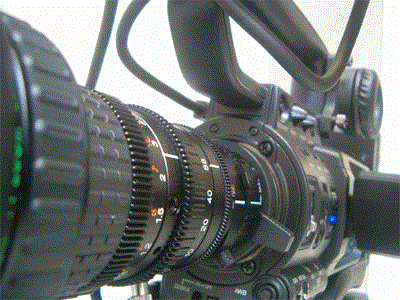Self-professed World Cup ‘criminal’ may be schizophrenic

17.02.2010
By Miko SchneiderEvans Mdebuka’s case has been postponed until Thursday 18 February so that he may undergo psychiatric observation.
In late January, journalists from South Africa’s only private free-to-air terrestrial TV station, e.tv, were subpoenaed by the Minster of Police for refusing to release the identities of two men they had interviewed for their news broadcast on January 16. The men claimed that they intended to commit crimes against foreigners during the tournament.
Subsequently, one of the suspected self-confessed criminals was arrested, and appeared in the Johannesburg Magistrate’s Court last week on charges of intimidation and incitement to violence.
Journalists criminalised
A spokesperson for the ruling party of South Africa, the African National Congress (ANC) accused e.tv news editor Ben Said and reporter Mpho Lakaje of being on par with criminals themselves for refusing to disclose the men’s identities, for not providing information about the firearms shown on the programme, and for not providing the police with unedited footage of the interview.
The incident has raised major internal debates over the constitutional rights to a free press in South Africa. It has also raised questions regarding Section 205 of the Criminal Procedure Act, which allows the state to force journalists to reveal their sources, and which was used predominantly in the apartheid era.
The case against the journalists was postponed indefinitely, pending mediation between e.tv’s legal counsel, the Ministry of Justice, and the police. The mediation is headed by the South African National Editors' Forum, who in 1999 devised a memorandum of understanding with the authorities stating that news editors should be consulted prior to a journalist being subpoenaed
Infringement on media freedom
In a local press agency statement, the vice chairman of the SA Press Council, Bewyn Petersen, outlined the precedent that will be set if the police are able to infringe on media freedom in this case:
"If the police are successful, it may prevent journalists from having access to similar situations in the future and may even endanger their lives. Should this happen, we will lose one of our most fundamental rights - the right to know - and it is our right to decide for ourselves."
e.tv journalists and representatives routinely decline comment for the duration of criminal court proceedings and the mediation.





